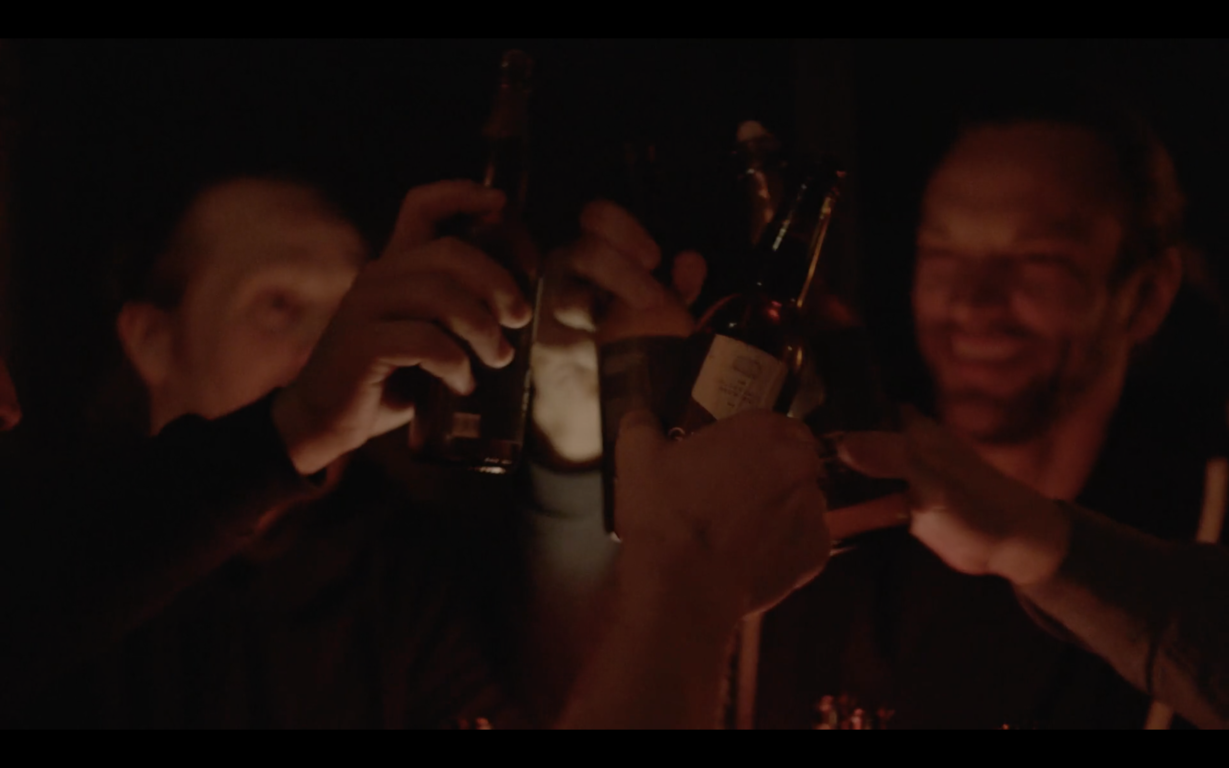References:
Cambridge Dictionary. (2022, April 13). Perspective definition. Retrieved April 16, 2022, from https://dictionary.cambridge.org /dictionary/english/perspective
In my artistic research I am looking at how changing the perspective in a film alters the perception of a situation. This I am doing through the two short films I have made during my time at SKH, Want I Wanted to Say and TIPS. What I refer to when speaking about the changing perspectives is through whose eyes the story is being experienced. Perspectives can have several definitions, but in this context, it would be Cambridge Dictionary’s (2022) definition that would be the most appropriate: “a particular way of viewing things that depends on one’s experience and personality (…) Perspective also means the ability to consider things in relation to one another accurately and fairly.” Perspectives are individual and I am therefore looking at the subjective experience of one character in focus at the time and seeing how I can alter the perception of one experience by adding a new protagonist to experience the same world and actions through different eyes. How I go about this, and how it is impacting the audience is something I aim to investigate through my artistic research.
In my first film, What I Wanted to Say, I changed the perspective through the voiceover present throughout the film. In the first half of the film, the audience experiences the end of the romantic relationship between Lisa and Oliver visually, while Lisa’s thoughts as she leaves in the end is added as a voiceover throughout. In the second half of the film, the audience experiences the same visuals, but Oliver’s thoughts are being heard instead of Lisa’s, offering a different perspective to the story. In this film, the characters subjective interpretations of the situation are coloring the audience’s interpretation of the events. With this I am aiming to challenge the audience into searching for the objective truth in what caused the breakup.
In my second film, TIPS, the perspective changes back and forth throughout the film by jumping between two different protagonists’ first-person perspectives in the different situations. In the first scene the audience start with the newly hired bartender, Sarah, and experience her insecurities when taking drink orders from a group of men. Then, the audience become part of the friend group through the group leader, Pete, and experiences him encouraging the shy Marcus to hit on the bartender. By the end of the scene, the audience is back with Sarah and her joy of earning her first big tip after having flirted with the group. In the second scene, the men are following Sarah home after she got of work in pursuit of her phone number. The aim is to understand the stress this puts Sarah under, as well as the innocence of the stalking, seen from the guys’ perspective, when the perspective keeps jumping between Pete and Sarah. Sarah confronts the group where the audience gets to experience that from both sides, before the group abandon their leader, Pete, who ends up apologizing to Sarah in the end.
Through these two films I have looked at two different methods of changing the perspectives. With the first film, most of the perspective work was done during the post-production, when the material was already filmed. Here, the decision to create a second perspective came about during the editing, when I decided to try adding Oliver’s voiceover to the existing edit to see how that would change it perception of the images. The second film’s work on the perspectives started already in the writing stage where I experimented with when to be with what character and how I could move between the two storylines. This work was reenforced during the preproduction and the shoot through the help of the cinematographer, and lastly revisited during the editing process to make sure the progression of the story still worked while the perspectives shifted.
Through my work on perspectives, I aim to impact the audience in such a way that they will be inspired to search for different perspectives on events happing in their own lives as well. I hope that seeing stories unfold where conflicting, subjective truths being presented as facts will give the audience a sense of how important it is to be critical to one’s sources, and to even inspire them to try and see things from the other person’s side when in an argument. These goals might be a little ambitious, and are they at all achievable?

